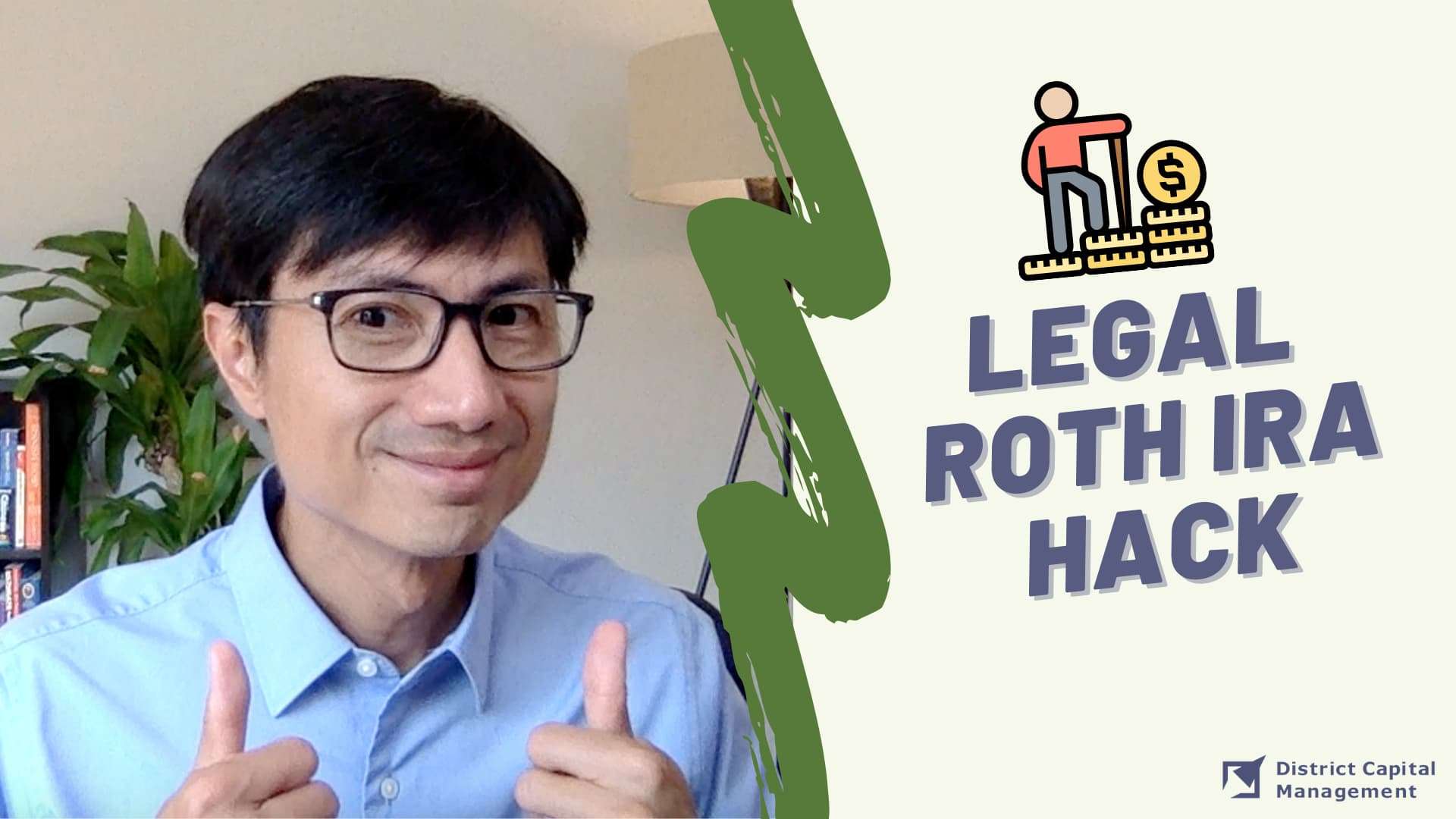Real estate is arguably the best investment upper middle class families can make.
I took a 15-yr mortgage on single family that cost 150k in 2011 when things were cheap. Spent ~45k for down payment/closing/renovation. I was making ~$150 profit after all expenses including property management fee. I used that ~$150 profit to pay down the mortgage. < 11 yrs later, home is paid off and worth between 500k-550k. Now, I am netting $1400-1500/month. I doubt that 45k would have put me in that same position now had it been invested in the stock market.
I will be closing on my 3rd property (primary home included) next month and plan to have 4-5 more properties in the next 9 yrs.
I look at real estate as a long term investment. There is no way in hell (unless the whole country burn down), home price will be the same 20 yrs from today.
I also invest in the stock market. It's kind of a 50/50 thing.
This is a nice example of leveraging because the stock market has appreciated 303% since 2011, which is pretty close to that home's appreciated but a 10x return on your investment.
That said I would greatly caution anybody who tries to grant cardone or jared kushner their way to a billion dollar net worth with rental properties- it is far less rosy than your experiences.
I bought my apartment in residency. Great apartment, well cared for. When I graduated and moved out I decided I should give this landlording thing a shot.
My first tenant ended up being a professional tenant. Complete douche canoe. Had to evict him. Months of rents not paid, thousands of dollars of damages and fees in the process.
My next tenant's lease was actually up today, he told me months he wasn't renewing it. Great, so I gave him a 60 day notice of non renewal and found a postdoc that was going to pay 25% more and stay for the next 4 years. Current tenant decides a couple weeks ago since he hasn't found another place to live yet he ain't leaving and that I "should really show some gratitude he paid through the pandemic". When is he leaving? No clue. Lost the new tenant, now in process of filing for eviction (3-4 month process, several thousand dollars, not to mention lost rent).
Last month the condo management company thought a leak was coming from my apartment- maintenance guy went in unannounced, punched a huge hole in a wall. Leak wasn't coming from my apartment, but you think I have recourse to ask them to fix it? Maybe if I take them to court, not worth it.
Yes I have a management company, no I haven't had to step foot there since- still, its a near weekly perirectal pain to just manage one rental.
Did I mention the association decided condo fees are doubled the last 4 years to ramp up reserves? Your may be thinking your ROI is 5 or 10% or whatever, but it doesn't take much more than needing to replace an AC, water heater, boiler, or just a crappy tenant to cut into those profits and frankly make your life miserable.
Even with a management company, its far from hands off or stress free. Not discouraging anybody from it, just understand you need mental fortitude and many thousands in extra reserves set aside to weather it. I'm gonna give it one more shot before I cut my losses and sell it, but would I do it again? Nope. Even if the returns are lower, No ETF or REIT has ever disturbed my peace.


